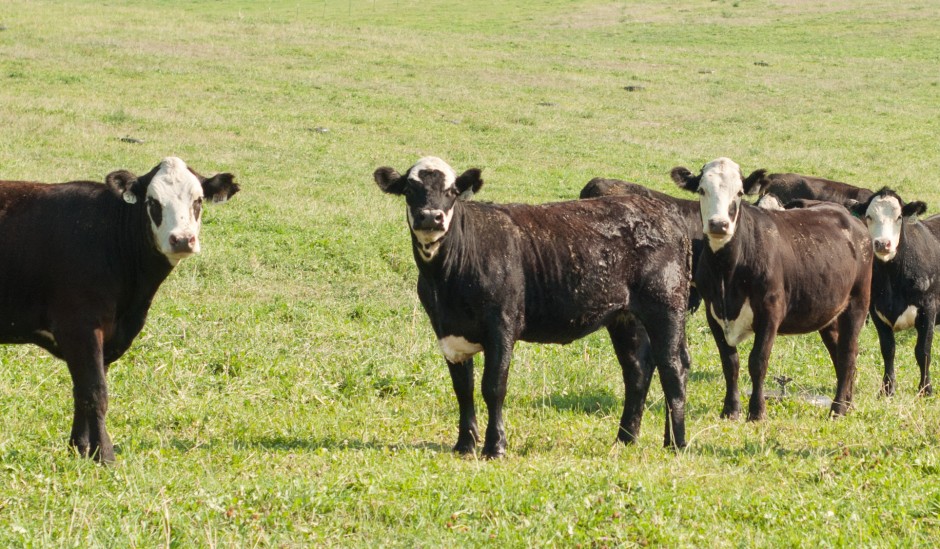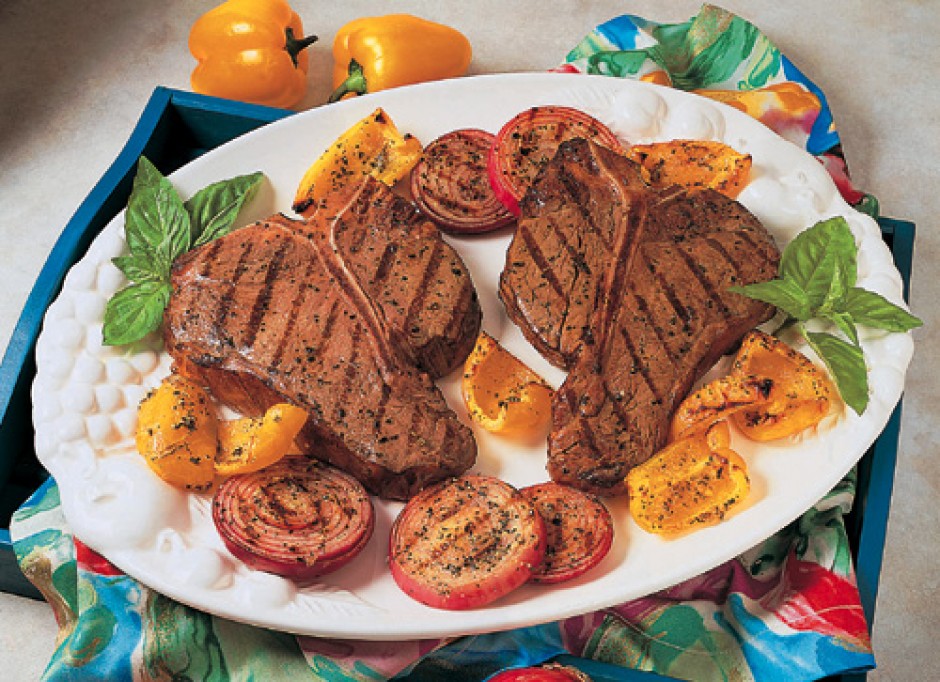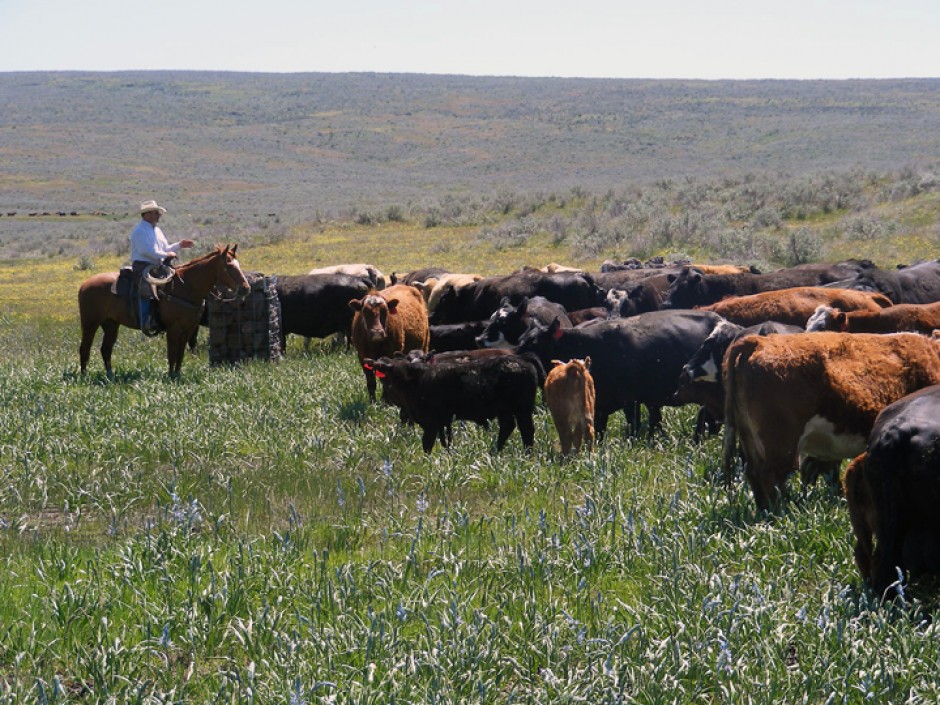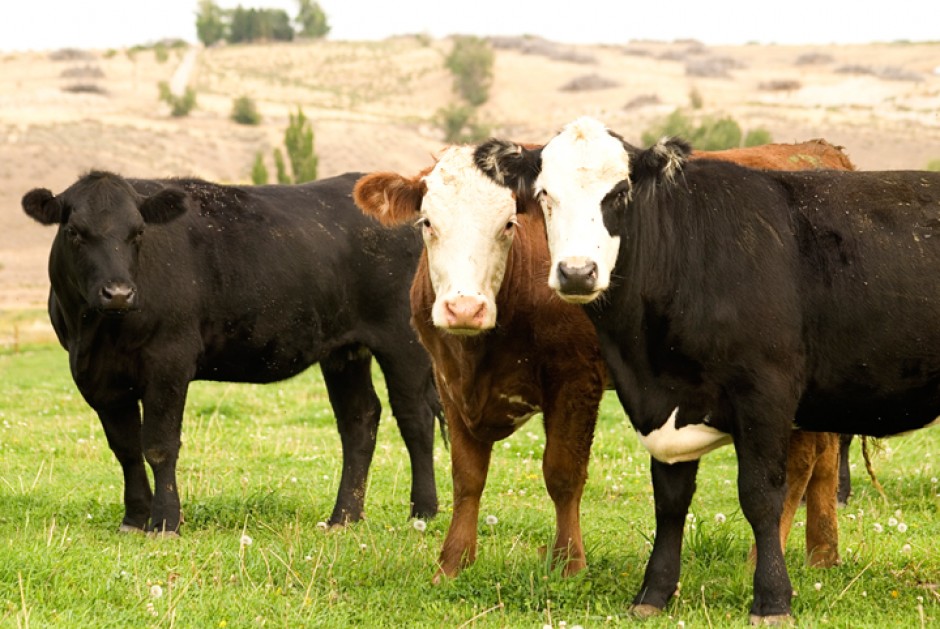There are two life lessons my parents started teaching me at a very young age. The first was how not to throw like a girl; the second was to evaluate the facts and come to a decision on my own. That lesson of open-mindedness has allowed me, on several occasions, to be an informed rather than ignorant participant in discussions. This has come in handy working for an industry with so much opposition to the way cattle are raised and the nutrition of beef.
Spending my days advocating for the beef community, it’s easy to know our facts. Cattle producers are the original stewards of the environment. Beef is an excellent source of ten essential nutrients.
However, I have a cousin who lives a vegan lifestyle, and encourages the rest of us to do the same. I frequently get emails from her on the latest science supporting veganism, but rather than rolling my eyes and moving them directly into the trash folder, I often take the time to read them. As an advocate, I need to know what the other side is saying. As a human being, I’m curious. I read testimonials. I watched The China Study. And a year and a half ago I decided to take it to the next level. I felt I needed to give myself a bit more credibility in the discussion, to combat the “but you’ve never tried it” argument. And that is when I dubbed ‘Meatless March.’
Already unable to eat dairy products, I eliminated all animal protein from my diet. I became a vegan—at least as far as food consumption goes. I replaced my scrambled eggs and fresh fruit breakfast for vegan protein powder mixed with almond milk. I bought the Forks over Knives cookbook and traded in my extra lean ground beef for quinoa and lettuce. For a full month, I tracked calories and recommended daily values, while I ate my way through fruits and vegetables, trying to find ways to replace the protein and nutrients I was avoiding from meat with raw alternatives.
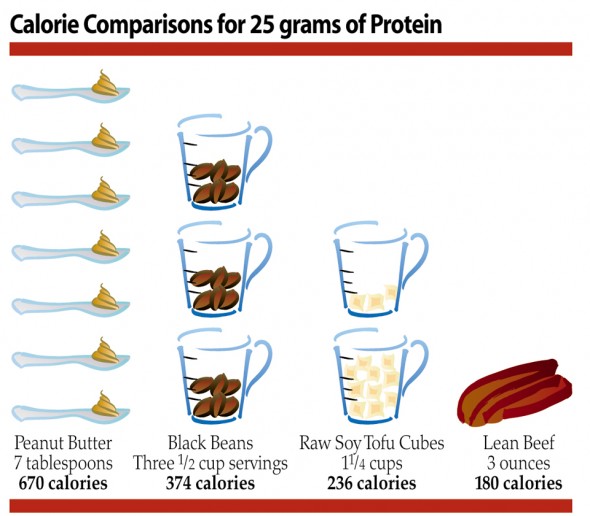
Just a couple of weeks ago, I had a conversation with a friend of mine who fancies himself a triathlete. He made a comment about how “meat is gross,” and I promptly started in on what he would certainly call a rampage about all the health benefits of beef, especially for athletes. Phosphorus, which builds strong bones. Riboflavin, which converts food into fuel. Iron allows the body to use oxygen appropriately. And 48 percent of the daily value of protein comes from just three ounces of beef. Let’s not forget protein preserves and builds muscle. All of these seem pretty important for someone who is planning to swim 1.5 kilometers, bike 40, and run 10 in the Spudman Triathlon.
Of course, his response to my education was, “They pay you to say that.” And I replied by telling him of my Meatless March experiment and outlined for him exactly what it did to my body.
The first couple of days I had to remind myself I wasn’t eating animal proteins. I loaded extra vegetables on my spinach salad and ate my way through a few handfuls of mixed nuts. By the end of the first week, I was craving the nutrients I was lacking. A tablespoon of peanut butter was certainly no substitute for steak. During the next two weeks, I noticed definite physical changes. The pink in my cheeks was replaced with pallor, and I developed alarming dark circles under my eyes. I was sleeping poorly, was irritable, cranky and exhausted. Workout recovery time lengthened and stamina decreased, and by the end of the fourth week I had gained seven pounds.
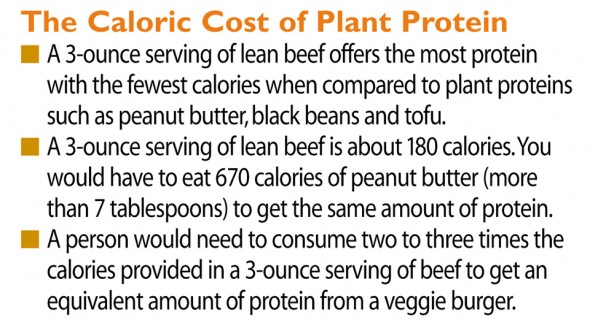
Yes, I do get to spend my days promoting cattle production and beef consumption, but I wouldn’t do it if I didn’t believe in it. I may have cousins and friends who choose not to eat meat, but I know they would feel a lot better if they did. Incorporating beef as a regular part of your diet provides you with better energy for an active lifestyle. It also reduces your risk of injury by strengthening bones and building muscle, and helps protect cells from damage. Beef supports nervous system development, improves brain function, and helps maintain a healthy immune system. Workouts are more effective when fueled by a higher-protein diet. Beef makes a difference!
For more nutritional information about beef, check out these Beef Nutrition facts or check out this pdf ProteinsAreNotCreatedEqual.
I’ve always been fascinated about nutrition, specifically the relationship between what you put into your body and what you get out of it, and this experiment illustrated to me that while fruits and vegetables taste great and are good for you, they simply aren’t enough. Beans and broccoli and almonds just can’t provide the nutrients beef can for the same caloric intake, and your body—regardless of your physical activity—needs those nutrients to function properly at optimal levels. That’s what Meatless March taught me. Beef fuels me.
~ Britany
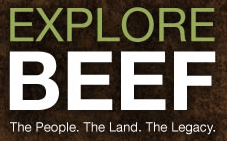 Explore Beef ~ www.explorebeef.org
Explore Beef ~ www.explorebeef.org![]() Beef. It’s What’s for Dinner. ~ www.beefitswhatsfordinner.com
Beef. It’s What’s for Dinner. ~ www.beefitswhatsfordinner.com![]() Facts About BEEF ~ www.factsaboutbeef.com
Facts About BEEF ~ www.factsaboutbeef.com
 Idaho Cattle Association ~ www.idahocattle.org
Idaho Cattle Association ~ www.idahocattle.org Idaho Beef Council ~ www.idbeef.org
Idaho Beef Council ~ www.idbeef.org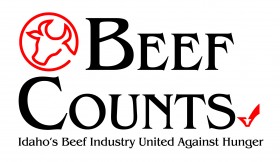 Beef Counts ~ www.beefcounts.org
Beef Counts ~ www.beefcounts.org